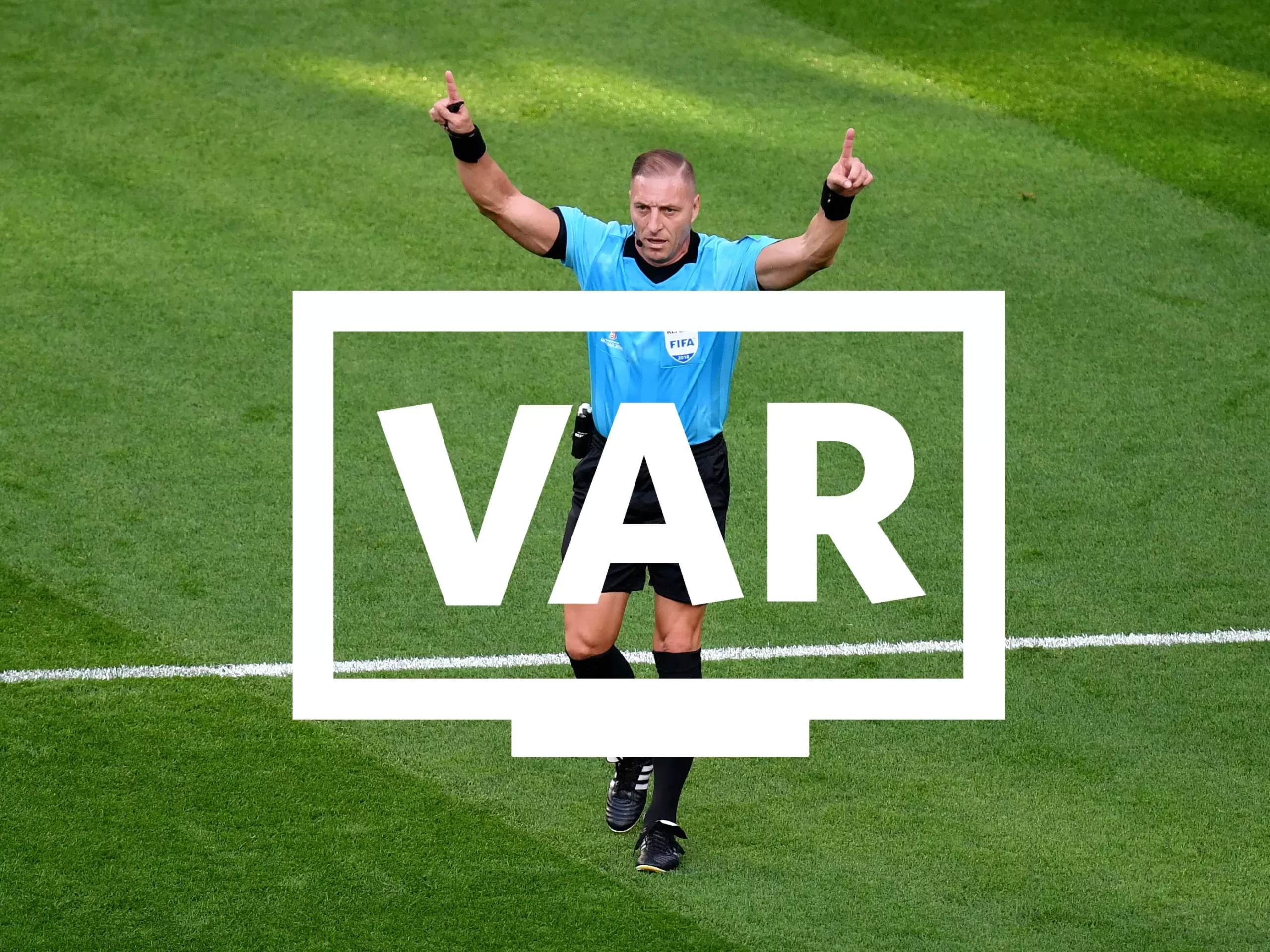In the theatrical stages of Italian football, where passion and controversy often share the spotlight, a recent Serie A encounter between AC Milan and Bologna has once again thrust the spotlight onto the intricate dance between human judgment and technological intervention. The aftermath of a contentious penalty decision involving player Nkunku has seen two prominent officials, VAR Michael Fabbri and on-field referee Matteo Marcenaro, benched amidst a flurry of criticism and a stern acknowledgment of a «clear error» from the highest echelons of the Italian Football Federation (FIGC).
The Incident: A Clear Cut Case, Blurred by Technology
The controversy unfolded in a critical moment during the Milan-Bologna clash at San Siro. A clear-cut foul on Nkunku, involving both a push and contact on the leg from Bologna defender Lucumí, went unpunished. What followed was a classic case of VAR intended to rectify, but instead, compounding the initial mistake. According to post-match analyses, the VAR team, led by Fabbri, inadvertently presented the on-field referee, Marcenaro, with footage of a less decisive contact involving Bologna`s Freuler and Nkunku, rather than the more evident foul by Lucumí.
This technical misstep, or perhaps a lapse in judgment within the VAR booth, effectively short-circuited the very system designed to ensure fairness. The result? A clear penalty opportunity denied, leaving players, fans, and pundits scratching their heads, wondering if the quest for objective justice in football might be an eternal, elusive pursuit.
The Repercussions: Benched But Not Broken
The response from the Italian Referees Association (AIA) was swift, if not entirely unprecedented. Michael Fabbri, the VAR official deemed primarily responsible for the erroneous footage selection, faces a suspension from VAR duties for «a couple of rounds.» For Matteo Marcenaro, the on-field referee, the consequences appear slightly less severe, with a «simple turnover» or resting period under consideration. This differential treatment underscores the AIA`s belief that the VAR`s error in presenting the correct incident was the more egregious misjudgment.
The decision to sideline these officials serves as a potent reminder of the immense pressure and scrutiny inherent in modern football officiating. Every angle, every frame, every decision is dissected with clinical precision, often leading to public outcry when perfection remains unattainable.
Gravina`s Stance: Defending Technology, Condemning Error
Amidst the furore, Gabriele Gravina, the President of the FIGC, weighed in on the matter, acknowledging the undeniable nature of the mistake. He stated:
“It`s a clear error, but when we talk about technology, we move forward, we don`t go back to the past. Technology has significantly reduced the percentage of errors; just look at those cases where referees, without technology, are in doubt and clearly seek confirmation.”
Gravina`s comments perfectly encapsulate the ongoing philosophical debate surrounding VAR. While admitting to a specific, glaring fault, he firmly defended the continued integration of technology in football, positioning this incident as an isolated human failing within a beneficial system, rather than a systemic flaw of VAR itself. It`s a pragmatic viewpoint: the occasional misstep, however frustrating, does not negate the overall positive impact of a tool designed to minimize human fallibility in a game played at lightning speed.
The Enduring Conundrum: The Human Element in a Digital Age
The Milan-Bologna incident is but another chapter in the ever-unfolding drama of VAR decisions. Introduced with the promise of eliminating «clear and obvious errors» and major controversies, VAR has, at times, merely transformed the nature of disputes. It has shifted the focus from the initial on-field call to the intricacies of video review, the angles chosen, the communication between officials, and ultimately, the interpretation of rules within a fraction of a second.
The pursuit of perfect justice in football, a sport inherently riddled with subjective interpretation and the lightning-fast kinetics of human interaction, remains a captivating paradox. Even with the most advanced technology, the human element – the eyes, the judgment, the interpretation of rules, and yes, the capacity for error – persists as an undeniable, if occasionally frustrating, component of the beautiful game. As Fabbri and Marcenaro contemplate their time away, the football world continues its love-hate relationship with the technology that promised clarity but often delivers compelling new layers of debate.

